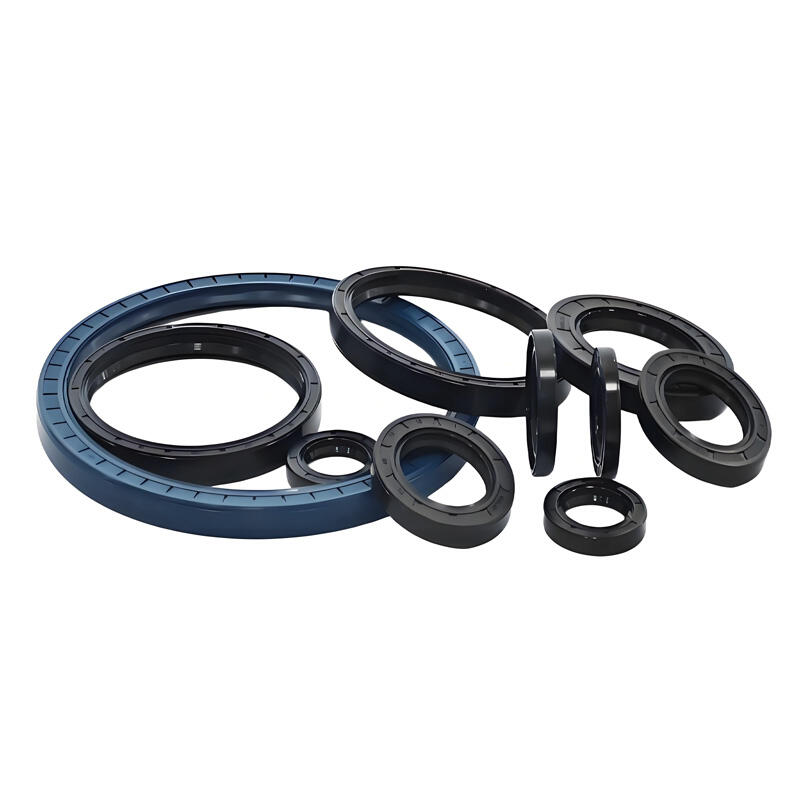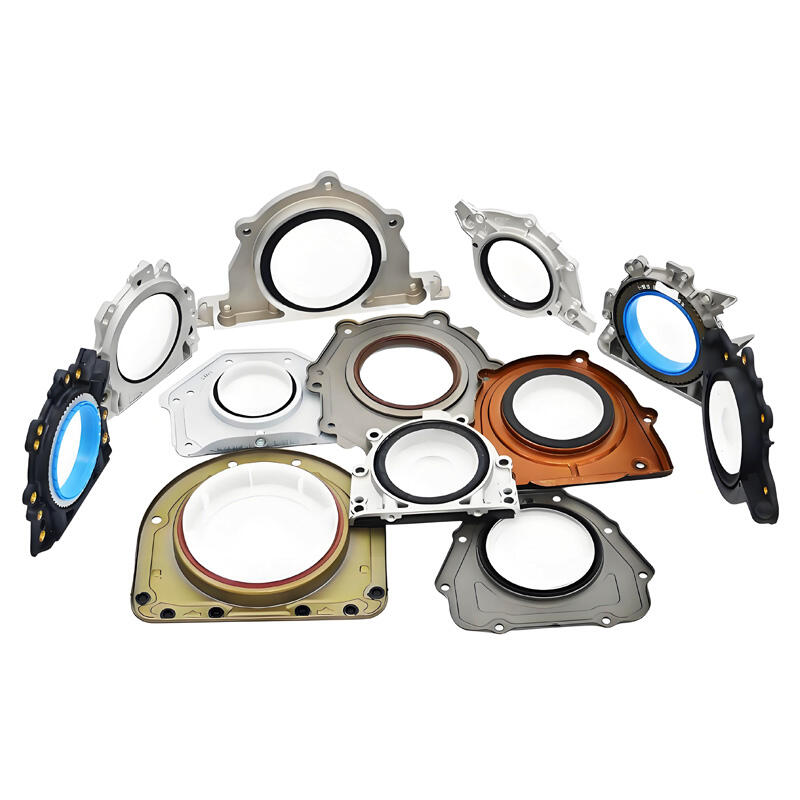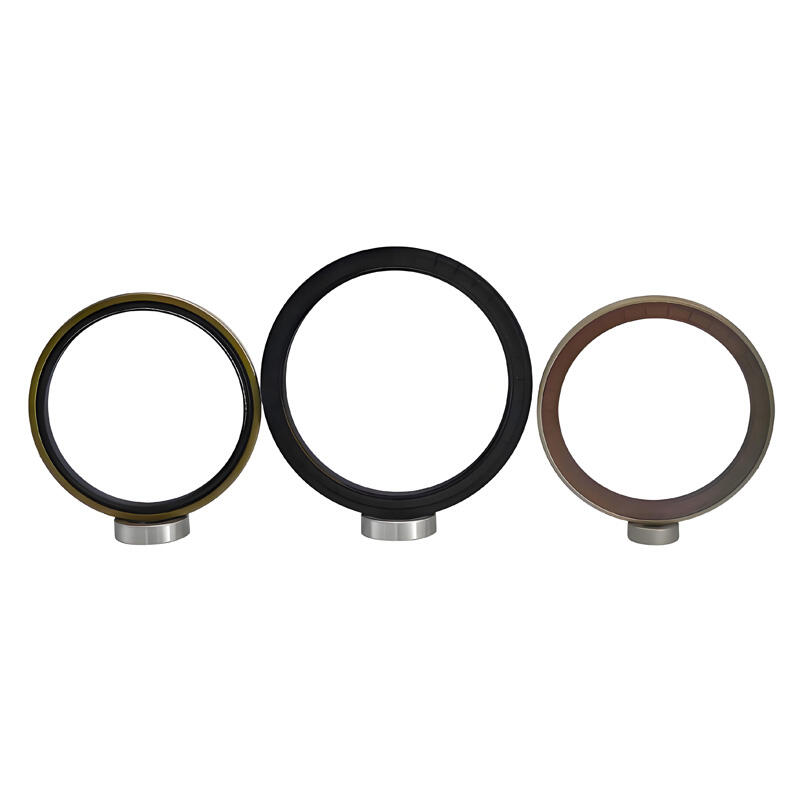custom rubber seals
Custom rubber seals represent a crucial component in modern industrial and manufacturing applications, engineered to provide reliable sealing solutions across diverse environments. These precision-engineered components are designed to meet specific requirements for gap filling, pressure maintenance, and environmental protection. Made from high-quality elastomeric materials, custom rubber seals offer exceptional resistance to temperature extremes, chemical exposure, and mechanical stress. The manufacturing process involves advanced molding techniques, ensuring precise dimensions and consistency in product quality. These seals excel in preventing leakage of liquids and gases, maintaining system pressure integrity, and protecting sensitive equipment from contaminants. Their versatility allows for implementation in automotive systems, aerospace applications, medical devices, and industrial machinery. The customization options include material selection, size specifications, durometer ratings, and special surface treatments to enhance performance characteristics. Manufacturers can choose from various rubber compounds, including nitrile, silicone, EPDM, and fluorocarbon, each offering specific advantages for different operating conditions. The seals undergo rigorous quality control processes, including dimensional verification and material testing, to ensure compliance with industry standards and customer specifications.


